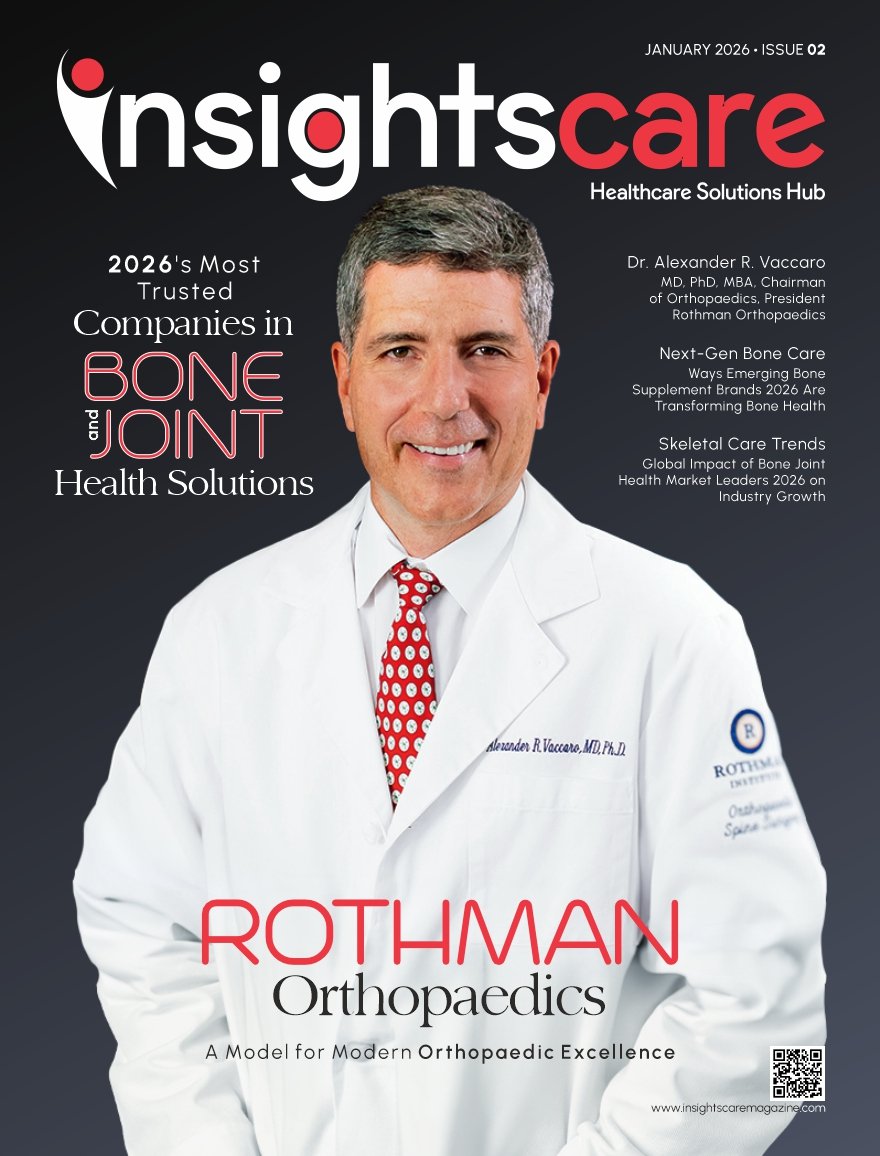Prime Highlights:
- A study found that 15% of pregnancies experience heart-related complications, even in those without pre-existing heart disease. This indicates a gradual increase in cardiovascular issues during pregnancy.
- Growing health risks like obesity, high blood pressure, and diabetes contribute to this trend. Experts stress the importance of early consultation and proactive health management during pregnancy.
Key Facts:
- Over 56,000 pregnancies were studied between 2001 and 2019, showing increased rates of obesity, high blood pressure, and high cholesterol. These conditions are linked to rising heart health risks.
- Experts recommend controlling risk factors and frequent check-ups to prevent complications. This can lead to safer pregnancies and long-term health benefits for mothers and families.
Background
According to a new study published in the American Heart Association journal Circulation, there is a gradual increase in heart issues in the course of pregnancy, with approximately 1 in 7 pregnancies being affected, even when a person has never experienced heart disease.
Researchers studied over 56,000 pregnancies in the Mass General Brigham health system, New England, between 2001 and 2019. Heart-related complications, such as heart attack, stroke, heart failure, blood clots, high blood pressure, and maternal death, affect about 15% of pregnancies. While the risk was higher in people with existing heart conditions, increases were seen across all age groups.
The rise is linked to growing health risk factors. During the study period, obesity rose from 2% to 16%, high blood pressure from 3% to 12%, high cholesterol from 3% to 10%, and diabetes from 1% to 3%. Healthy lifestyle choices and medication can prevent or manage many of these conditions.
Dr. Stacey E. Rosen, president of the American Heart Association and senior vice president of women’s health at Northwell Health, stressed the importance of early consultation with a clinician for anyone planning a pregnancy. She encouraged expectant women to remain proactive regarding their health, listen to their doctors, and keep an eye on their health during pregnancy and in the postpartum period.
The study highlights the need for more attention and preventive steps to reduce cardiovascular risks during pregnancy. Experts believe that women who control their risk factors and have frequent check-ups could save their heart health, help to keep their pregnancy safer, and enhance long-term well-being, not only for their families but also for themselves.










